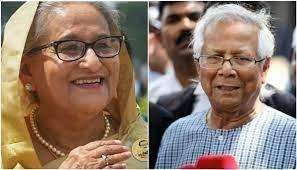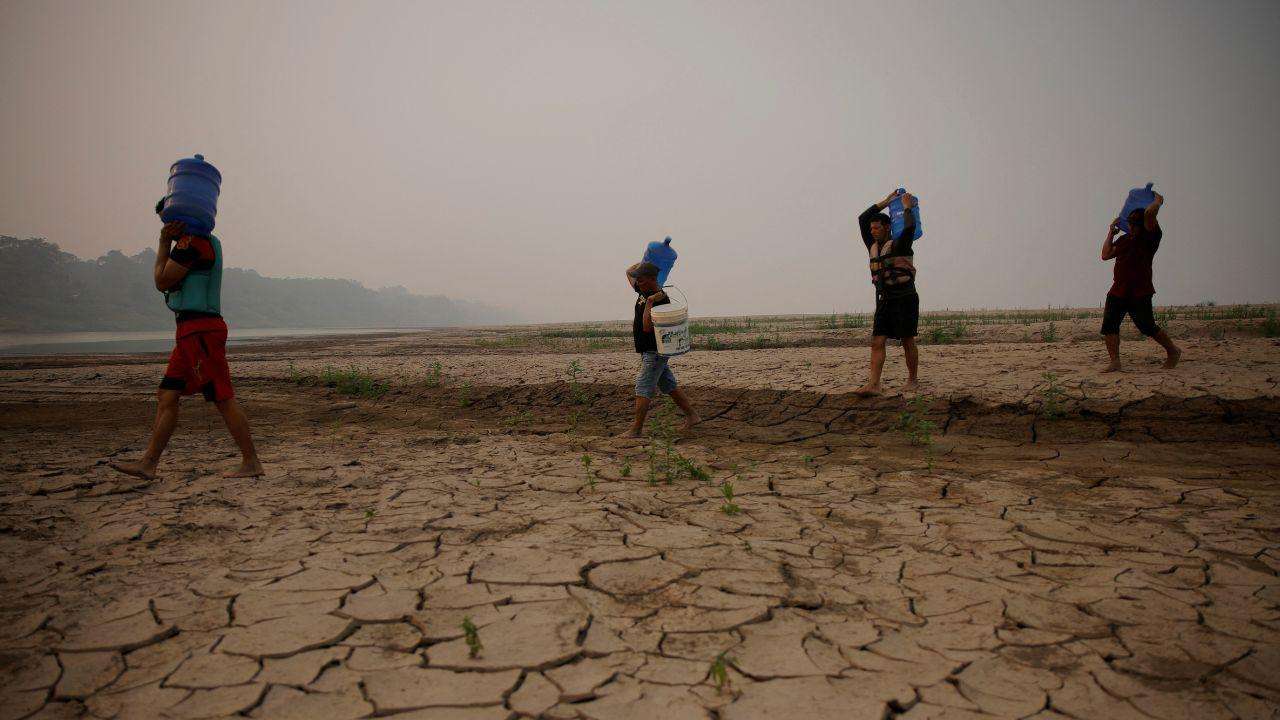In an attempt to reinstate former prime minister Sheikh Hasina, who fled to India on August 5 after being pushed out of power by a widespread rebellion, the interim government in Bangladesh, headed by Nobel laureate Muhammad Yunus, is stepping up its efforts. Because Hasina is accused of carrying out mass deaths during the student-led protests that shook the nation in July and August, the government intends to extradite her in accordance with an existing treaty with India.
According to Nurjahan Begum, the interim government's health adviser, approximately 1,000 people died and hundreds more were injured as a result of the protests, which turned into a national movement. After losing control, Hasina fled to India as a result of the conflict and sought safety there.
The International Crimes Tribunal (ICT) in Bangladesh has a new head prosecutor, Md Tajul Islam, who took office recently. He said that Dhaka will formally request an arrest order for Hasina from the tribunal. "We will file an application with the International Crimes Tribunal, when it resumes functions, to issue arrest warrants against all the absconding accused, including Sheikh Hasina, in connection with the cases filed for mass killing and crimes against humanity," Tajul Islam said during a press briefing on the ICT premises in Dhaka.
The tribunal, which is currently examining evidence from across the country, is handling cases related to the alleged genocide and crimes against humanity that occurred between July 15 and August 5. During this period, Bangladesh was engulfed in student-led protests calling for political reforms and demanding Hasina’s resignation. The protests quickly turned violent, leading to a severe crackdown by security forces loyal to the then-Hasina government.
Bangladesh’s International Crimes Tribunal began an official probe last month against Sheikh Hasina and nine other individuals for their alleged roles in the violent suppression of the protests. The accusations of genocide and crimes against humanity stem from the deaths and injuries inflicted during the government’s efforts to control the unrest.
Chief prosecutor Tajul Islam emphasized the difficulty of gathering evidence in such a large-scale investigation. “Information, documents, and evidence against the accused persons will have to be collected from across the country, and those will have to be compiled, examined, and placed properly before the tribunal, which is very much a challenging and huge task,” he explained.
The interim government, led by Yunus, has made clear its intention to pursue legal action against Hasina. Md Touhid Hossain, the foreign affairs adviser to the interim government, previously stated that they would use all legal avenues to ensure her return to Bangladesh. “If our legal system wants, we will definitely try to bring her back. There is an agreement (with India) and legal processes. It is better not to speculate,” he said.
If the former prime minister can be extradited, it will probably depend largely on the diplomatic and legal routes that connect Bangladesh and India. Bangladesh may formally request that India turn over Hasina so she can stand prosecution, in accordance with the terms of the extradition treaty between the two neighboring countries. Given the political and historical complexity involved, it is unclear, meanwhile, how the Indian government will react to such a request.
SOURCE: NEWSABLE ASIANET NEWS



_2.jpg)
_1.jpg)



.svg)



